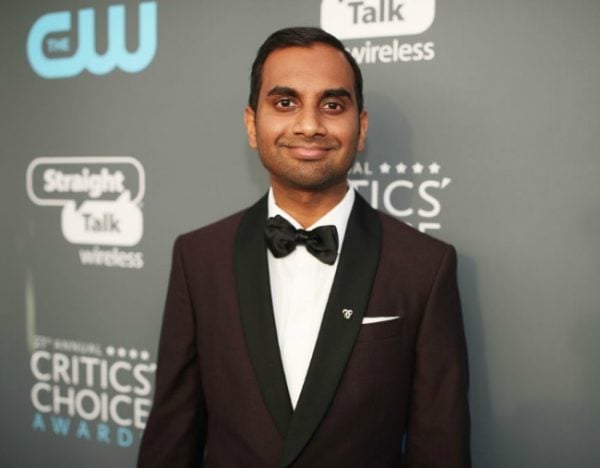This week, the news cycle has been awash with two names and one of the most powerful and passionate debates to seize the #MeToo movement.
Aziz Ansari – the actor, comedian, star of Parks and Recreation and Master of None and self-titled feminist – found himself the centre of an international furore. A sexual encounter he had from September last year suddenly was fodder for conversation and impassioned op-eds and debate from every corner of politics.
A woman under the pseudonym Grace told website Babe she went on a date with the actor, calling their encounter the “worst night of her life”. Then 22, she told the website she spent much of the night resisting Ansari’s advances with “non-verbal cues”, her body language, she says, extolling how she wasn’t the least bit interested in sex. However, such was the reported dogged determination of Ansari, Grace relented, eventually giving him oral sex.
“Most of my discomfort was expressed in me pulling away and mumbling. I know that my hand stopped moving at some points,” she said. “I stopped moving my lips and turned cold.”
Most of the conversation that has erupted since has been heavy and muddled, a tug of war erupting between those branding Ansari a sexual assailant and those who assert it was just ‘bad sex’.
Grace did as much as she felt she could to indicate she did not want what Ansari was pushing for. She opened her mouth and spoke, her body language doing a lot of the talking. And in a world where it’s estimated only seven per cent of any message is conveyed through words, should that have been enough?





























































































